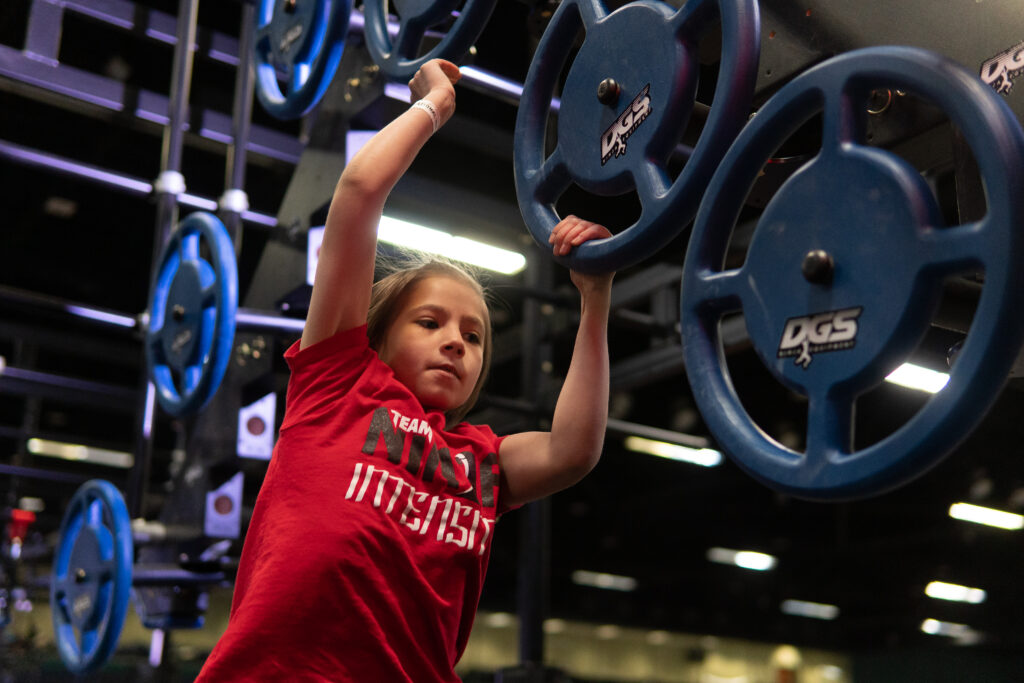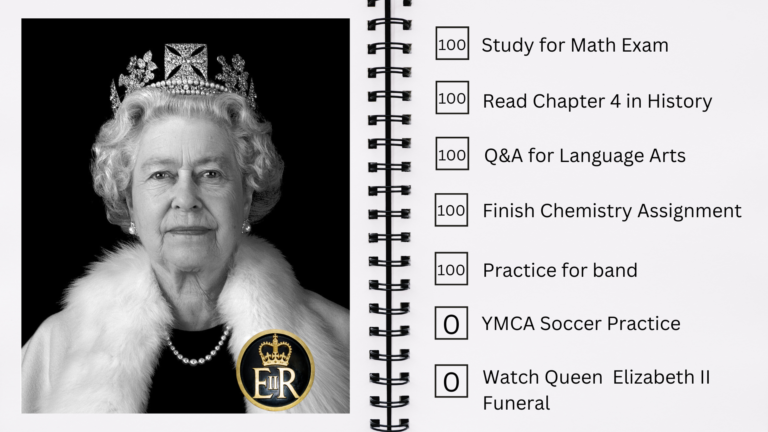
I woke up early this morning to work on this week’s Remix Round Up. Instead, I’ve found myself drawn into the funeral procession for Queen Elizabeth II. I’ve studied the procession order, learned about the tradition, thought about the mourners, and pondered what this means for the history of the world. If it wasn’t 5:00am I probably would have woken my 12-year-old to watch with me. Since the day Queen Elizabeth II passed away, we’ve made the choice several times to let Frederick pause school and instead watch coverage with us. We’ve made similar choices at several other points over the now two and half years Frederick has been learning online.
Two weeks ago, Karen wrote about her reaction to Some Assembly Required. I’ve been thinking about the assembly process in my world since then.
With three kids I’m constantly making decisions about their learning – what type of school is best, which specific school, when is it worth “skipping” school for other enriching learning experiences, how do the “extracurricular” experiences help add up to a whole we hope they experience. I’m going to circle back to this assembly process soon and talk about the mental and financial load it places, but as I watch this historic moment and write this piece, I find myself thinking about another aspect of this type of learning that happens outside the classroom – credit.
You see, when I make the choice to let Frederick observe history with us, he still has to get caught back up on his world cultures course – no credit given for watching CNN for hours with mom and dad. When I make the choice to take my 9-year-old Abigail on long weekend trips for her ninja warrior competitions, she has to make up all that she misses – no credit given for the approximately 8 hours a week she spends training. The challenge here is that our system of credentialling is tied to an underlying assumption about time and learning. As long as learning is measured by seat time and in discrete tasks that have to be made up in real time, it will be hard to lead with what we know: Head time, Heart time, Hand time, Health time trump seat time any day.
I brought this perspective last week into a conversation about credentialling – the question at hand was, “What would take for out-of-school time and community providers to be onboard with the idea of young people being able to earn credentials for their work in their programs?” My answer – Not much. Just ask them.
High-quality out-of-school time programs provided critical and powerful learning experiences for young people.
In the two decades I’ve been working in and with out-of-school time programs I’ve continually heard and felt that these providers and programs want nothing more than acknowledgement. Acknowledgement of the safe spaces they create sure, but acknowledgement that high-quality out-of-school time programs provided critical and powerful learning experiences for young people. I don’t think they need convincing to talk credentialling.

I think the reason we think they might be hesitant is because our mental model doesn’t let us separate credentialing from high stakes accountability. Do I want Frederick to have to take a standardized test that assesses what he learned from engaging in historic moments with me? Nope! Do I want afterschool and summer programs to become so focused on standards and impact on assessment that they lose their rich, hands-on, flexible ways of working? Nope. But I do think there is a path forward where when we say “learning happens everywhere”, we follow that up with “and we believe and give credit for that learning regardless of how, when, and where it happens and which adults are leading it.”
And I don’t think the pushback against that is going to come from out-of-school time providers, as long as they are allowed to measure head, hand, heart, health competencies, not just attendance. I think they’re ready for someone to notice the power, potential, and possibilities they hold for shaping a bolder and brighter future for young people.



No comment yet, add your voice below!